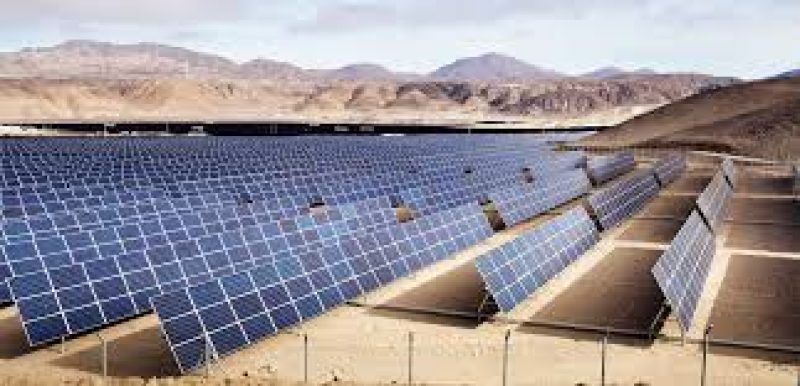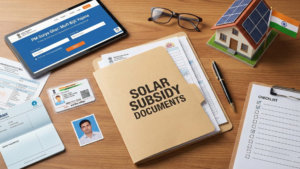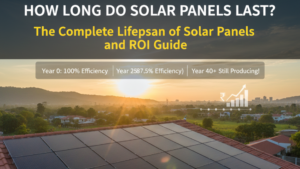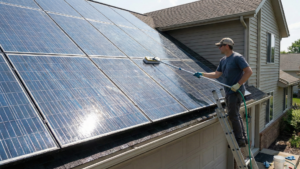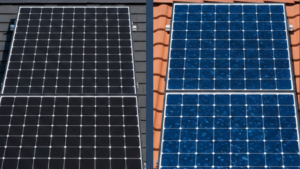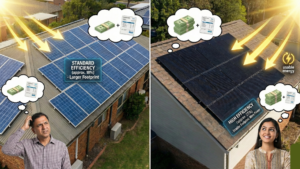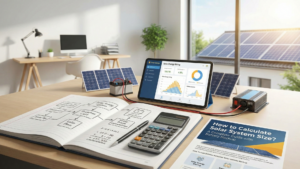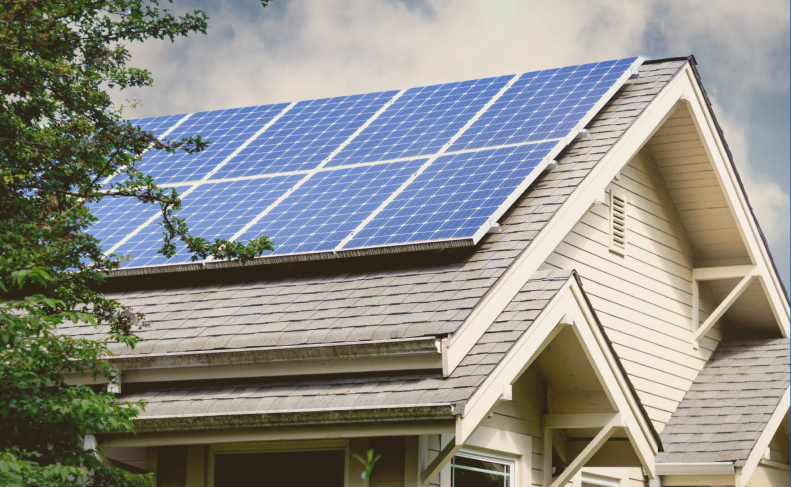We compiled a comprehensive list to help you understand the pros and cons of solar energy in 2024.
Figuring out if solar panels are right for your home can be daunting. If you’re looking to install solar panels, you’ll come across a wide range of information listing out all the good (and bad) that solar has to offer.
Advantages of solar energy
1. Reduces your electricity bills
Solar power systems save money by reducing how much energy you need to buy from the grid. In areas with net metering policies, you can earn credits by sending excess energy back to the grid, saving you even more money.
2. Insurance against rising power prices
Solar panels protect you from these rising electricity costs. Because you are producing your own energy, you don’t have to buy as much power from your utility and avoid paying those high energy rates. In fact, you’ll actually be saving more money with solar panels as electric rates get higher!
3. Solar is cheaper than ever
While electricity prices have continued to climb, solar panel installation costs have steadily fallen.
4. Solar is a renewable energy source
Solar is a renewable source of energy, meaning that the sun’s power won’t deplete as we use it to make solar electricity. The sun’s energy will never “run out” – so you can always take advantage of it, without hurting the earth!
Plus, solar panels do not emit any harmful carbon dioxide emissions when they generate electricity, making them a source of clean energy and an integral part in fighting against climate change and reducing our carbon footprint.
5. Diverse uses
Photovoltaic energy can be used in many small and large-scale projects. From powering a home to running space satellites, solar panels are a great way to access energy in even the most remote places.
6. Great financial investment
Solar panels can pay for themselves in just a few years with the savings accumulated on your electricity bill. In some cases, solar panels can provide better return on investment than in something like an index fund.
7. Low maintenance costs
Solar panels don’t require much maintenance after installation. Solar panel maintenance is generally minimal and usually consists of cleaning the panels once or twice a year to avoid dirt and buildup.
Solar panels and other solar system equipment have very low failure rates because they don’t have moving parts, especially when you choose reliable brands and a trusted installer
8. Energy independence
Solar panels allow homeowners to create their own energy instead of relying on the electrical grid, helping you achieve energy independence.
Disadvantages of solar energy
Despite all the benefits solar has to offer, there are also some downsides. After all, nothing’s perfect! Check out the disadvantages of solar power below:
1. High upfront cost
Even though solar panel system costs have dropped over the past decade, it’s still an expensive initial investment. Buying solar is more than just the panels – it’s also the inverter, the wiring, and other necessary components. Not to mention, the installation costs.
2. Solar panel manufacturing has some environmental impact
While generating solar power is emission-free, manufacturing solar panels does have an environmental impact. Manufacturing plants release greenhouse gas emissions into the atmosphere, and mining for materials used in solar panels can cause damage to the surrounding area.
3. Solar is an intermittent energy source
Solar energy is considered an intermittent energy source because how much energy solar panels produce is generally weather dependent. Also, the sun’s intensity varies with location, the time of year, and the time of day, so solar energy production is different all over. However, solar battery storage makes solar energy available anytime, even at night!
4. Solar panels require specific conditions to work best
Solar panels require a decent amount of space to meet energy needs. Most homes have roofs big enough to accommodate the number of solar panels needed, but the direction and condition of the roof may not be suitable for solar.
5. Difficulty selling your home
Although solar panels can potentially raise your home’s value, it could make the selling process difficult, especially if you financed the system through a solar lease or power purchase agreement (PPA). Potential home buyers may hesitate to take on a long-term contract they didn’t initiate.
6. Value depends on local policy
The initial cost of solar is the biggest reason customers turn away from it, which is why some states have created solar-friendly policies to make installing solar panels more accessible.
Unfortunately, the policies and incentives you get can depend on where you live, who your utility provider is, and your eligibility. If you live in a state that doesn’t prioritize expanding solar, you might pay more for solar and earn lower savings.
7. Finding the right installer can be difficult
Solar is a 25-year investment, so you must find a reliable installer. A few bad apples in the solar industry have made it hard for homeowners to figure out who to trust, and deceptive, spammy sales tactics leave a bad impression.
